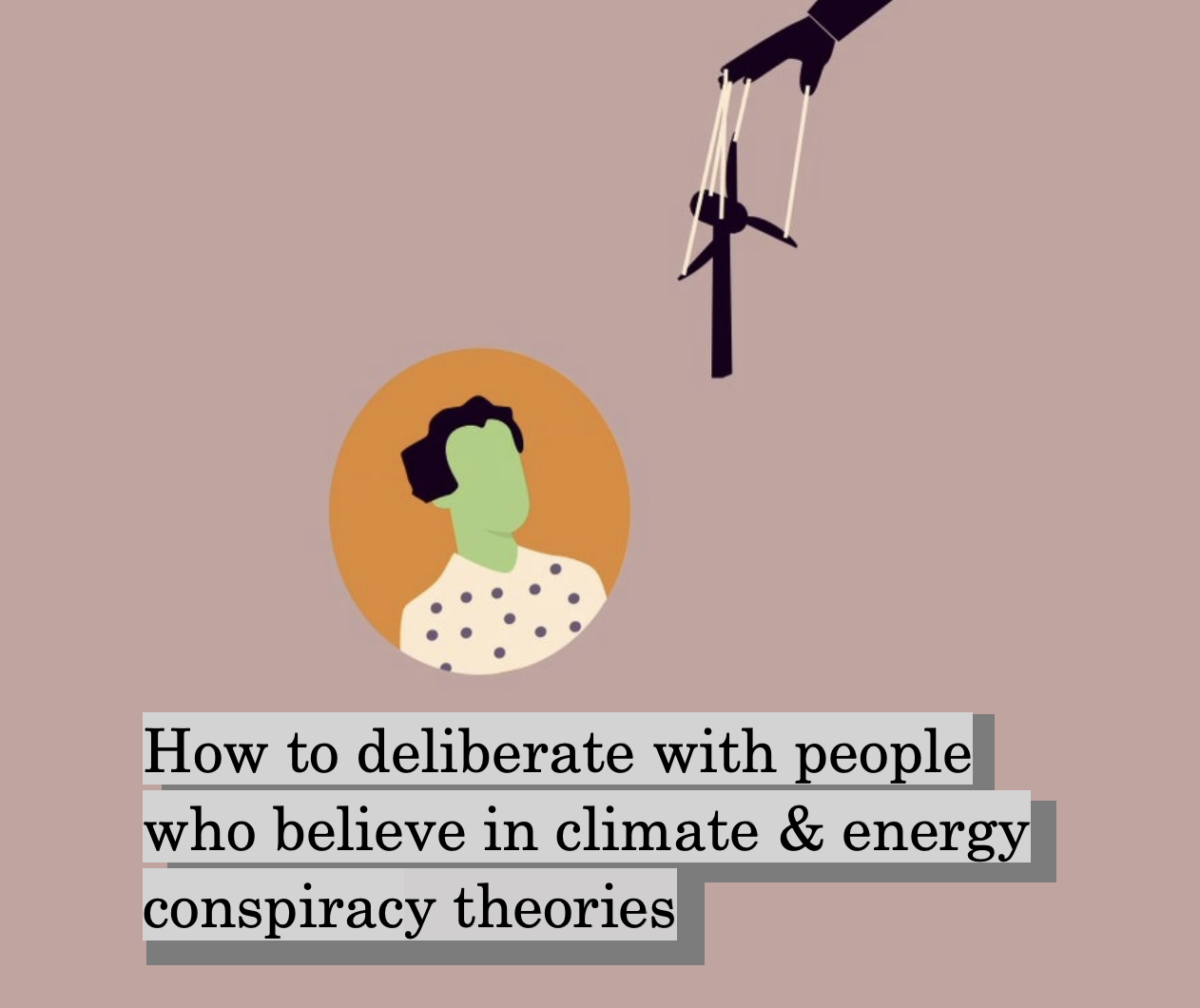In a groundbreaking report titled “How to deliberate with people who believe in climate & energy conspiracy theories”, Dr. Anatol Itten and Dr. Sander van Cranenburgh of Delft University of Technology explore how widespread belief in conspiracy theories is affecting climate discourse-and what can be done about it. Drawing on a nationally representative survey of 1,200 Dutch citizens and follow-up interviews, the study reveals that nearly half the population (46%) believes the government hides the truth about the energy transition, and one in three thinks foreign countries exaggerate climate threats to damage the Dutch economy. About 15% qualify as strong believers in conspiracy theories, with beliefs often linked to heavy social media use and low political trust rather than education level or age. Key Insights:
- Conspiracies Undermine Action: Exposure to conspiracy content fosters distrust in science, sparks feelings of powerlessness, and diminishes willingness to reduce carbon footprints-ultimately slowing down climate action.
- Conspiracies Are Mainstreaming: The narrative is shifting from outright denial of human-caused climate change to more socially acceptable beliefs that focus on mistrust in government intentions or economic harm.
- Social Media’s Role: Those who rely on social media for climate news are significantly more likely to believe in conspiracy theories, reinforcing the role of online echo chambers.
- Conspiracy Beliefs Overlap: Belief in climate conspiracies correlates strongly with belief in other conspiracies, such as the “Great Reset” or anti-vaccine misinformation, pointing to a generalized conspiratorial mindset.
- Diverse Yet United: Conspiratorial beliefs cut across demographics-education, age, and geography-highlighting their broad societal reach.
- Preferred values in dialogue: Participants-regardless of their belief systems-value discussions where people try to convince each other, present clear positions, and use good explanations. Conspiracy believers tend to identify personally with statements, making them more sensitive to challenges.
- Impact of online discourse: Exposure to extreme online conversations can “infect” even neutral participants, making them more receptive to radical views. Conversely, the absence of extreme content encourages openness to alternative perspectives.
- Strong support for soft moderation: 72% of respondents support some form of intervention in online discussions. Flagging false information is preferred over deleting posts. Interestingly, even conspiracy-prone individuals favor reducing content visibility over removal.
- Deliberation challenges: Many people avoid online climate discussions due to fear of conflict, lack of confidence, or a sense of futility. Participants showed appreciation for nuanced exchanges and desired trustworthy spaces for dialogue.
- Practical guide provided: The report concludes with nine actionable steps for engaging constructively with conspiracy believers, focusing on empathy, shared values, and respectful dialogue.
This study underscores the growing influence of conspiracy thinking in climate debates and the urgent need for well-designed interventions to foster healthier public discourse. The authors argue for nuanced strategies that bridge divides without compromising freedom of expression. 📘 For full insights, data visuals, and practical recommendations, read the full report by Dr. Anatol Itten and Dr. Sander van Cranenburgh, published by the TU Delft Energy Transition Lab here.



